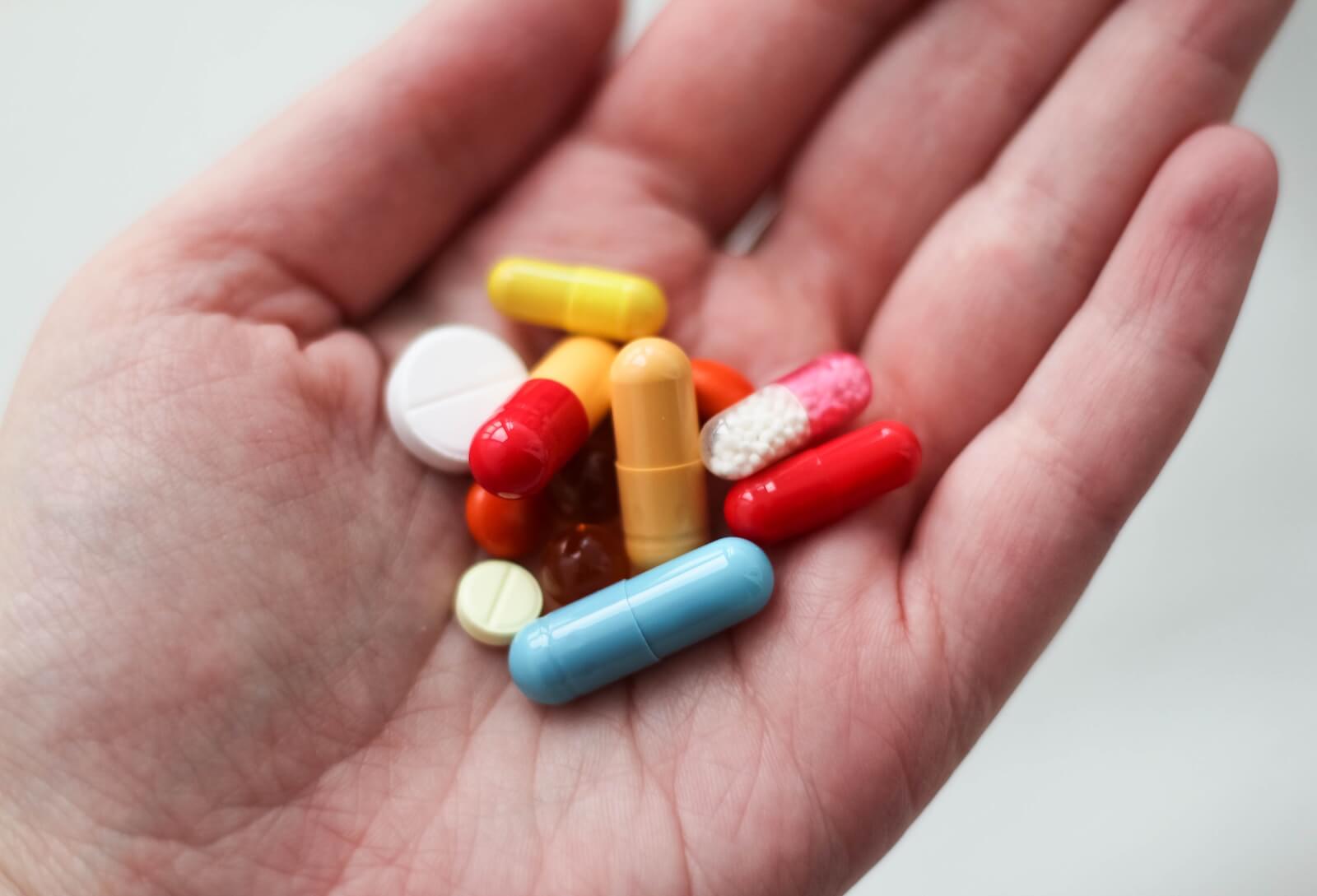Prescription drugs are vital for treating various health conditions, but their misuse can lead to serious health risks. Prescription drug abuse occurs when these medications are taken differently than prescribed, such as in higher doses or without a prescription. This includes improperly using painkillers, sedatives, or stimulants, and the consequences can range from addiction to severe health problems. Recognizing the signs and understanding the prevention of prescription drug abuse is crucial for everyone’s health and well-being.
Understanding the signs of prescription drug abuse is the first step in addressing the issue. Common indicators include:
- Taking medication more frequently or in larger doses than prescribed
- Doctor shopping (visiting multiple doctors to obtain prescriptions)
- A noticeable change in behavior or mood
Physical symptoms of prescription drug abuse can vary depending on the drug type but often include:
- Changes in sleep patterns
- Weight fluctuations
- Neglect of personal hygiene
Behavioral changes might consist of the following:
- Withdrawal from social activities
- Shifts in energy levels
- Unusual secrecy or defensiveness about drug use

How does prescription drug abuse impact health?
Abusing prescription drugs can lead to a host of health issues, including organ damage, mental health disorders, and increased risk of overdose. It’s also important to recognize the potential for developing tolerance and dependence, where more of the drug is needed to achieve the same effect, and withdrawal symptoms appear if the drug is not taken.
Tolerance develops as the body becomes accustomed to the drug, requiring higher doses to achieve the desired effect. Dependence occurs when the body relies on the drug to function normally, leading to withdrawal symptoms if the person stops using the drug abruptly. Both tolerance and dependence are key indicators of a developing addiction.
Prescription drug abuse can also significantly affect mental health, leading to conditions like depression, anxiety, and, in severe cases, psychosis. These mental health impacts can further complicate the addiction cycle, making it harder for individuals to seek and receive help.

Prevention starts with awareness and education. It’s essential to use prescription drugs only as directed by a healthcare provider, to understand the risks associated with these medications, and to dispose of unused medications properly. Open communication with healthcare providers about concerns and alternative treatments can also be beneficial.
If you suspect someone is abusing prescription drugs, approach them with empathy and concern. Please encourage them to seek professional help and offer your support. Remember, confronting someone about drug abuse can be delicate, so it’s important to be non-judgmental and understanding.
Professional treatment for prescription drug abuse may involve a combination of medication, counseling, and support groups. Treatment plans are personalized, focusing on individual needs and circumstances.
Prescription drug abuse is a serious issue that requires attention and action. Understanding the signs and risks, along with knowing how to prevent and address abuse, is crucial.
You might also be interested in:
- Experts reveal the safest way to take anxiety drugs like Valium, Ativan
- As many as 1 in 4 middle and high schoolers abuse ADHD drugs Adderall, Ritalin
- Fatal opioid overdoses skyrocket by nearly 1,900% among older adults, study reveals

